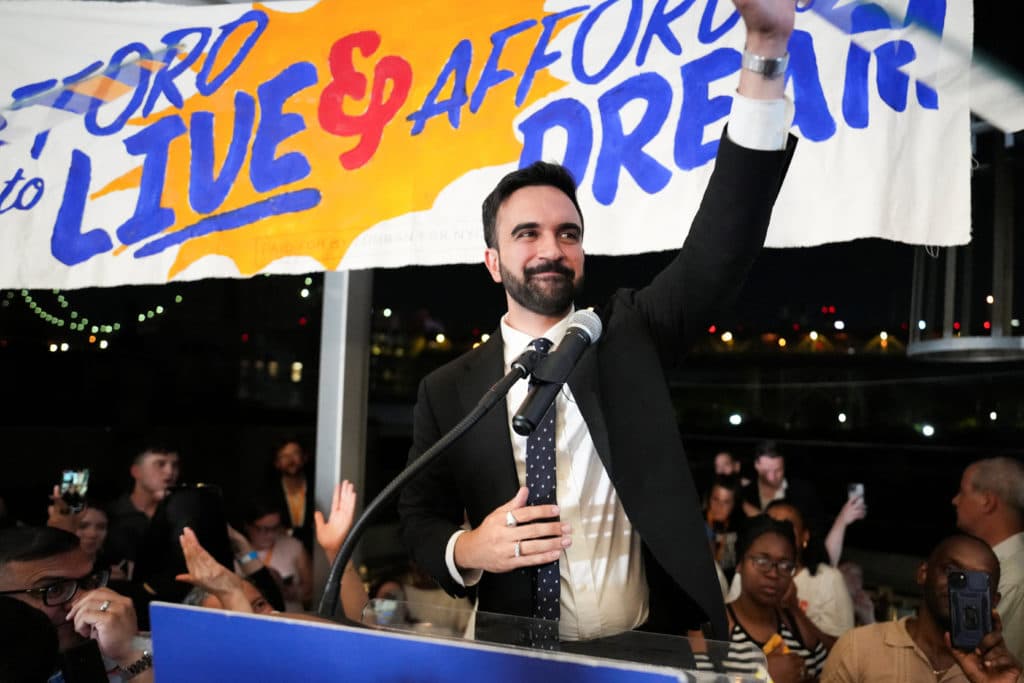Mamdani Leads NYC Mayoral Race Below 50%, Highlighting Ideological Divide

New York City's upcoming mayoral general election sees progressive candidate Zohran Mamdani leading the field, though he has yet to secure a majority, setting the stage for a contentious three-way contest. Prominent parent activist Yiatin Chu recently highlighted this dynamic on social media, stating, > "Latest poll. Mamdani still not breaking 50 but in this 4-person race, looks like the very liberal, under 35 will get the city they want. Damn to us moderates if we don’t show up big." Her comments underscore the ideological split among New York City voters as the November 4, 2025 election approaches.
Mamdani, a Democratic Socialist and current State Assemblymember, recently secured a significant victory in the Democratic mayoral primary, defeating former Governor Andrew Cuomo in a notable upset in June 2025. His campaign resonated with a younger, progressive electorate through a platform advocating for universal childcare, expanded public transit, affordable housing initiatives, and increased taxes on the wealthy. This progressive agenda, backed by figures like Rep. Alexandria Ocasio-Cortez, positions him as a champion for bold systemic changes in the city.
The general election is primarily shaping up as a three-way battle, with Mamdani facing incumbent Mayor Eric Adams, who is running as an independent, and Republican Curtis Sliwa. While Chu's tweet referenced a "4-person race," current analyses indicate these three candidates are the main contenders vying for the city's top office. The lack of a clear majority for any single candidate suggests a highly competitive environment where voter turnout will be critical.
Yiatin Chu, known for her advocacy as co-founder of "Parents Defending Education," frequently voices concerns from a moderate or conservative perspective on issues like public safety and education. Her social media commentary often critiques progressive policies, aligning with a segment of the electorate that feels increasingly marginalized by the city's leftward shift. Chu’s statement reflects a broader sentiment among moderates who fear their voices may be overshadowed by the city's younger, more liberal demographic.
Political analysts suggest Mamdani's challenge lies in expanding his appeal beyond his core progressive base to attract more moderate Democratic voters and independents. The election will serve as a crucial test of whether a highly progressive platform can unite the broader Democratic coalition and appeal to a diverse electorate in a city grappling with issues of affordability, public safety, and governance. The outcome will likely depend on how effectively each candidate mobilizes their base and addresses the concerns of undecided voters.